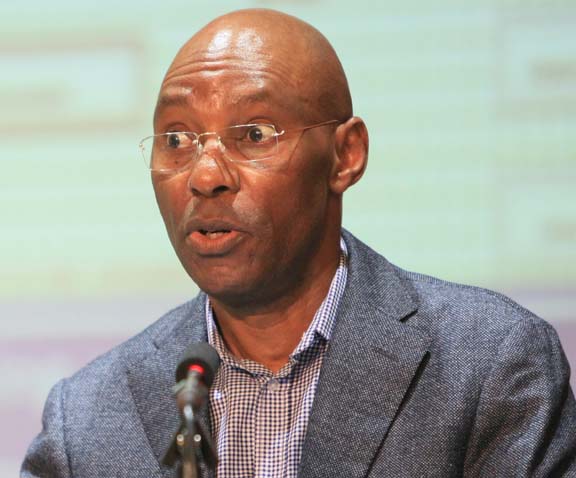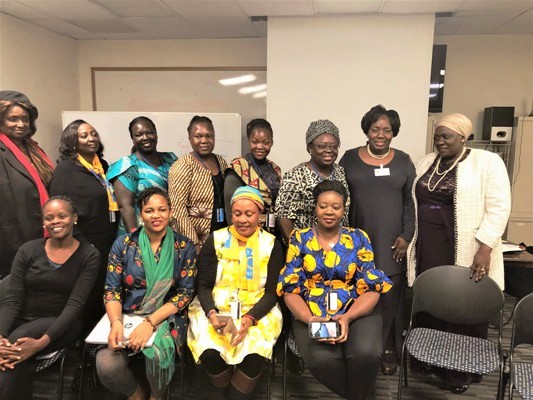The Minister of Finance, Matia Kasaija (pictured) has said that Uganda won’t sink into the financial crisis Sri Lanka is battling as long as he is still in charge of Uganda’s economy.
Kasaija made the remarks while appearing before Parliament’s Human Rights Committee where he had been summoned to respond to queries raised in the 2018-2021 annual reports by Uganda Human Rights Commission where shortage of funding to various Ministries, Departments and Agencies featured highly as cause to numerous human rights violations faced by Ugandans.
The Commission cited meager funding to health, water, education and agriculture sector to have deprived Ugandans the right to access those services.
Minister Kasaija blamed it on shortage of money, saying that the situation has been worsened by the Covid-19 pandemic and as Uganda was trying to recover from the impact of the pandemic, famine and drought set in prompting Government to channel resources towards purchase of food to feed starving Ugandans.
“I don’t know whether to pray or do what, now you have seen what the floods have done. So with all these shocks, raising sufficient funds with all these shocks is tricky. I could borrow but I can’t borrow indefinitely, you will be the first ones to question me on mortgaging the country, so I have to be careful on borrowing. We have now surpassed the 50% which I am told which is agreeable, so the problem now is lack of funds,” said Kasaija.
The revelation that Uganda’s public debt against GDP has surpassed the 50% threshold prompted Allan Mayanja (Nakaseke Central) to question if Uganda is likely to sink to the level of Sri Lanka.
Mayanja asked, “Is our country going to be like Sri Lanka and declared bankrupt? Because the way you are talking, that we have even surpassed the 50% threshold.”
According to figures to Bank of Uganda, Uganda’s Public Debt as end December 2021, total debt stock was Shs73.5Trn, an increment from Shs65.6Trn at end December 2020.
Sri Lanka is grappling one of the worst financial crisis in its 74years of history with figures indicating that at the end of April 2021, total outstanding external debt stood at US$35.1Bn, with the country’s debt repayment standing at US$981M of which US$520.6 million is in principal repayments while US$460.4M lies in payment of interest.
The Sri Lanka crisis has left the nation battling shortage of food, fuel with people lining up to buy fuel, while schools have been closed and the situation has also seen the citizens experience load shedding ranging between 8-10 hours a day.
However, Kasaija has assured Parliament that the Sri Lankan nightmare won’t befall Uganda arguing, “As long as some of us are in charge of this sector, that won’t happen. I can’t allow my country to be mortgaged. We will prioritize things that affect the citizens, like food, medicine, educating our children. Even now some road infrastructure, we are slowing down. We will not definitely not mortgage this country.”
The Sri Lanka crisis was blamed on the raft of misguided and reckless economic policies adopted by former President Rajapaksa including slashing taxes where the then Government lowered the value-added tax by 7% and also more than doubled the thresholds for corporate income taxes.





